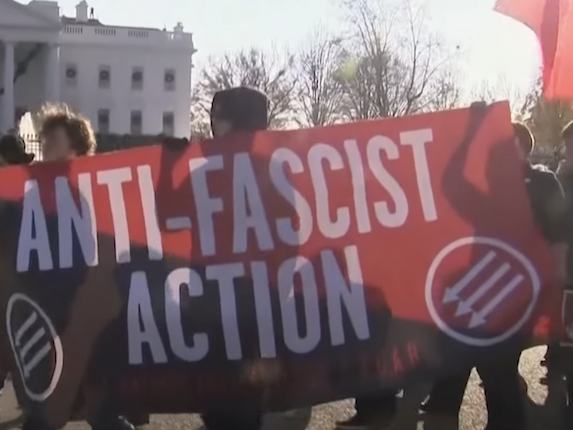The article discusses former U.S. President Donald Trump’s proposal to label ‘ANTIFA’ (anti-fascism) as a terrorist organization, a tactic that harkens back to the chaos of 2020. The author argues that Trump often resorts to targeting perceived enemies to distract from his failures, especially during crises. The current sociopolitical climate in 2025 has intensified concerns about civil rights, with various laws suppressing dissent and activist efforts, making the designation more threatening.
Despite this, the author emphasizes that anti-fascism is a broad strategy encompassing various tactics beyond violent resistance, including community actions like education, activism, and mutual aid. They express skepticism about the effectiveness of legal challenges against such designations, given the current political landscape.
Ultimately, the author believes that Trump’s renewed focus on anti-fascism may inadvertently galvanize global resistance movements, as activists respond to increasingly authoritarian measures undermining civil rights. They call for solidarity among anti-fascist movements worldwide, asserting that Trump’s actions could invigorate anti-fascist strategies in modern contexts.



